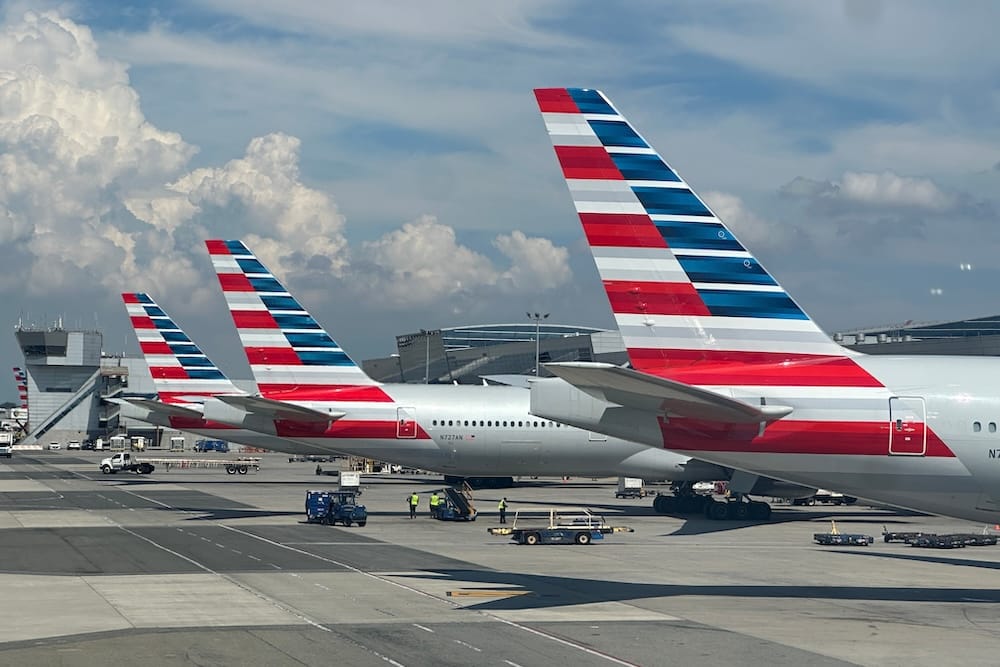

New Travel Restrictions Bolster American Safety
President Donald J. Trump has taken a decisive step to protect the United States by signing a proclamation that imposes a travel ban on nationals from 12 countries and partial restrictions on seven others. This policy, which went into effect at 12:01 a.m. ET on June 9, targets nations deemed to pose security risks due to inadequate vetting and screening processes. The White House has emphasized that this measure is critical to safeguarding the nation from potential terrorist threats and other public safety concerns.
The complete ban applies to citizens from Afghanistan, Chad, Equatorial Guinea, Eritrea, Haiti, Iran, Libya, Burma (also known as Myanmar), the Republic of the Congo, Somalia, Sudan, and Yemen. Additionally, partial restrictions impact nationals from seven other countries, though specific details on these limitations have not been fully disclosed in initial announcements. This proclamation, while not legally binding, signals a significant shift in federal policy aimed at tightening entry protocols.
Focus on National Security and Public Interest
The administration has made it clear that the primary motivation behind this travel ban is to protect American citizens. President Trump stated in his proclamation, 'I must act to protect the national security and national interest of the United States and its people.' This reflects a firm commitment to prioritizing the safety of the nation over open-border policies that could expose vulnerabilities.
The White House further elaborated that the targeted countries lack the necessary mechanisms to prevent potential threats from entering the U.S. This policy revives a controversial yet resolute approach from President Trump's first term, underscoring a consistent focus on stringent immigration controls as a means of defense against foreign dangers. The administration views these restrictions as a common-sense approach to combating terrorism and ensuring public safety.
Details and Scope of the Proclamation
Announced on June 4, the proclamation affects a total of 19 nations, with a dozen facing outright bans on entry for both immigration and other purposes. The remaining seven countries encounter partial restrictions, though the exact nature of these limitations remains under wraps in early reports. The timing of the ban's implementation on June 9 demonstrates a swift move to enact protective measures following the signing of the proclamation.
This action aligns with President Trump's broader agenda to reinforce immigration policies that prioritize the well-being of American communities. By focusing on countries identified as high-risk due to insufficient security standards, the administration aims to prevent potential threats from gaining access to U.S. soil. As this policy unfolds, it stands as a testament to the unwavering resolve to uphold national security through decisive and targeted immigration control.
Dues are $12 per year. Member benefits:
✅ Ad-Free Website Viewing
✅ Advocacy for Republican Seniors
✅ 120+ Senior Discounts
✅ Member Only Newsletters